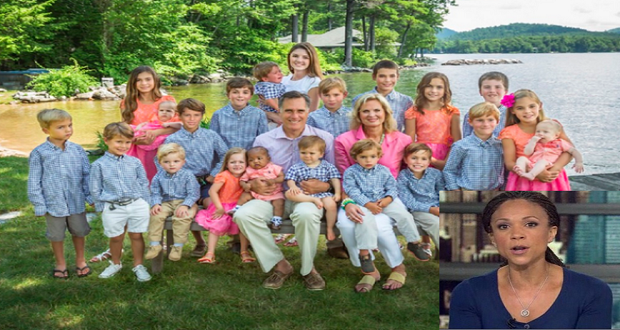
Young professionals across various industries frequently ask me, “Will I have to assimilate or change myself to be successful at work?” In an era where jeans, pet friendly workspaces, free lattes and working remotely have become increasingly common as work perks, it may seem odd that millennial and Gen Z talent would have this concern. As I thought more deeply about who was asking, I realized most often they were young people of color, women, and LGBT professionals.
I recently sat on a panel featuring NYU Law Professor Kenji Yoshino, whose work on “covering” discusses how we “modulate our identities in order to be accepted by the mainstream.” Yoshino notes that while even white men “cover” to thrive at work, the tax placed on people of color and other minority groups is much higher and can contribute to the isolation, stagnation and failed retention of minority groups at companies. Yoshino’s work speaks directly to the reoccurring question I hear consistently.
Despite the fact that in “2020, fewer than half of all U.S. children ages 0–17 are projected to be white” or that as of 2015, Hispanic children represent 25 percent of all children, minority groups continue to face pressures to be included at work. As the demographics of our country are changing, we should be encouraged to live and work more authentically, but many companies still fall short. Harvard Business Review published data from a recent Center for Talent Innovation study, Latinos at Work: Unleashing the Power of Culture, that notes “most Latinos in the U.S. do not feel that they can bring their whole selves to the office…. the vast majority of Latinos (76 percent) repress parts of their personas at work. They modify their appearance, body language, and communication style to exhibit leadership behavior.
African Americans face similar issues with having to modify their identities to grow professionally. We recently saw the 11th U.S. Circuit Court of Appeals dismiss a lawsuit brought by the Equal Employment Opportunity Commission against a company that refused to hire a black woman based on her physical appearance. The ruling stated that it was not racial discrimination to have guidelines on how employees should wear their hair. This feels like a case of covering going too far, no longer a choice but a legal mandate that minority groups have to change their appearance for work. The tax placed on people of color and other minority groups continues to stifle professional advancement and for companies, the cost is lost innovation and less ability to meet consumer needs.
The benefits of diversity are quantifiable when fully leveraged. The frequent argument in favor of covering is that it helps more people of color get a seat at the table. But when people of color rise to certain levels, advocating for diversity tends to have adverse effects. The conversation needs to shift from what we as women, people of color, and other minority groups, have to do to blend in to what companies need to do to create inclusive and better business environments.
So in the meantime, while we are waiting for more CEOs to follow in the path of Intel’s Brian Krzanich or AT&T’s Randall Stephenson and be advocates for creating not only diverse pipelines, but inclusive cultures, what can Millennials do to find environments where their diversity is valued?
- Take a look at company leadership when applying for roles. Explore the work they are doing to eliminate bias in hiring and promoting talent. Are they measuring progress? Are diversity goals tied to compensation?
- Assert your values in the hiring process. You have control in this process as well. If you are finding that the values you highlight in your applications and interviews are poorly received, be open to admitting the culture doesn’t work for you. Keep looking.
- Take leadership in your company’s inclusion efforts. Are ERGs / affinity groups in place? If so, how can you leverage these resources to both provide value back to the company, while also creating opportunities that promote an inclusive culture.
It will take some extra effort, but you can find a company that will respect you without having to cover to the point of compromising your values.


















